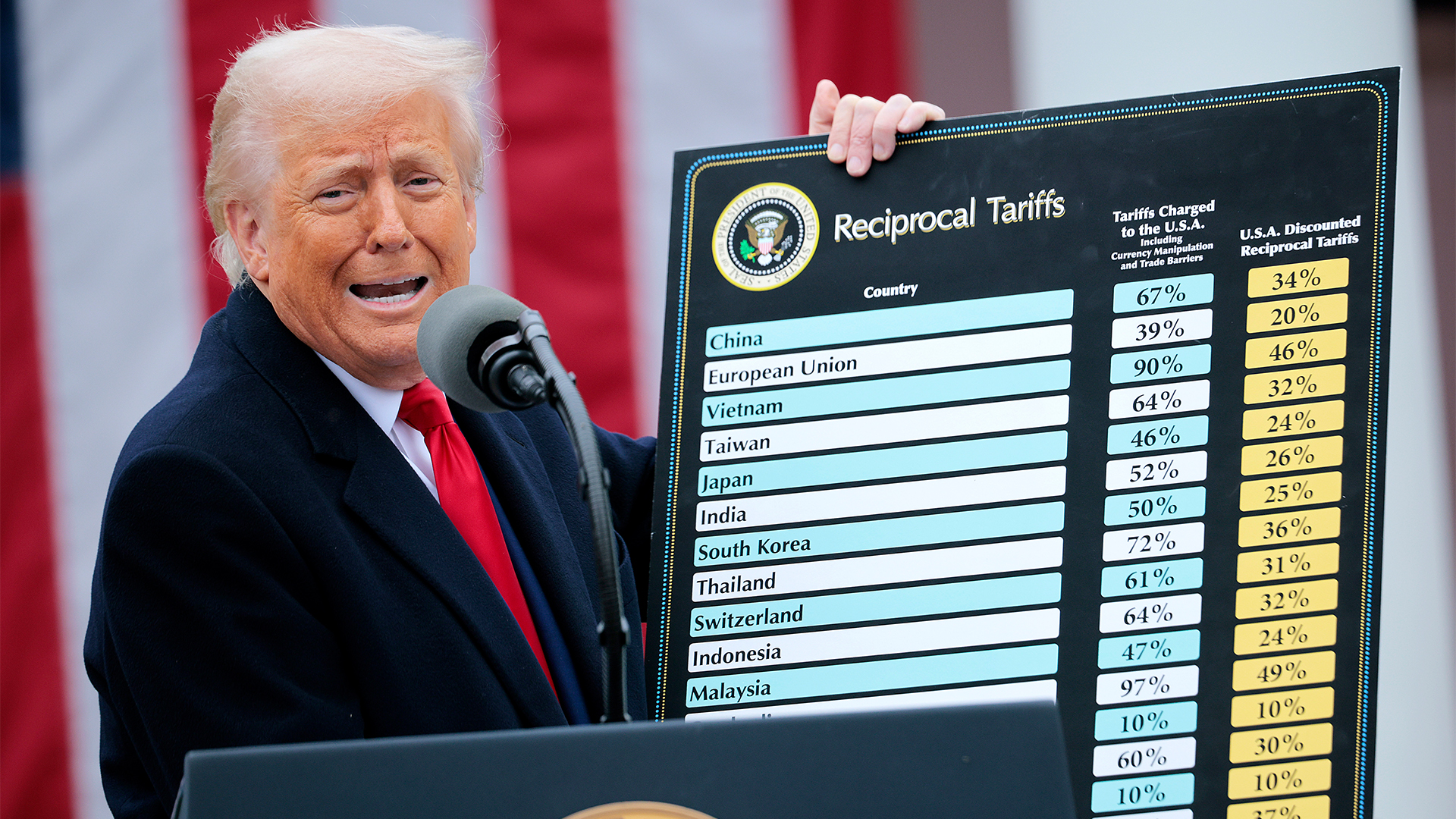Washington, DC sues Amazon for alleged antitrust violations
E-commerce giant unfairly raises prices and suppresses innovation, says Washington, DC AG


Washington, DC has sued Amazon for anti-competitive practices. The lawsuit, filed in DC Superior Court on Tuesday, accuses the company of unfairly manipulating its third-party sellers with an intent to monopolize the online retail sales market.
In the lawsuit, DC Attorney General Karl A Racine focuses on a policy in Amazon's business solutions agreement (BSA) that applies to third-party sellers on its platform. The policy prohibits sellers from offering their products for lower prices on other e-commerce platforms, including their own websites.
This practice is anti-competitive and artificially raised prices, alleges the DC attorney general, because it forces third-party sellers to fold Amazon's high seller fees into their product prices and then charge those prices everywhere. Those fees could sometimes account for 40% of the product price.
Amazon originally called this policy the price parity provision (PPP). It was in place until 2013 in Europe, when UK and German regulators launched an investigation. Amazon removed the PPP in that region but kept it in its mandatory agreement with US sellers until 2019, when it removed it after US government scrutiny.
The lawsuit explains the company replaced PPP with what Racine calls the "effectively-identical" fair pricing policy (FPP). Amazon could ban sellers who violated the FPP by offering their products cheaper on another platform.
RELATED RESOURCE

Are you failing to deliver a single view of the customer?
Ensure 'connectedness' across four business areas to achieve personalisation
The lawsuit complained, "Competition and consumers were directly harmed by virtue of higher prices, as well as through the loss of choice, innovation, and competition among online retail sales platforms, as other online retail sales platforms were not able to use lower product prices to lure buyers and sellers to their competing online retail sales platform and capture some of Amazon's dominant market share."
These policies have helped the e-commerce giant capture more market share, claimed the lawsuit, which also accused the company of creating unreasonable vertical agreements with sellers. The mandatory agreements demonstrate its intent to monopolize online retail sales, the lawsuit said, adding there was a "dangerous probability" it would succeed.
Get the ITPro daily newsletter
Sign up today and you will receive a free copy of our Future Focus 2025 report - the leading guidance on AI, cybersecurity and other IT challenges as per 700+ senior executives
The lawsuit is another sign of changing government views on antitrust issues. At the federal level, the President nominated Lina Khan, a prominent antitrust lawyer and critic of big tech, as FTC commissioner in March. Khan has warned against allowing platforms like Amazon to engage in anti-competitive behavior.
In March 2020, Racine joined a group of 34 state AGs to urge Amazon, Craigslist, eBay, Facebook, and Walmart to crack down on online price gouging on their platforms during the pandemic.
Danny Bradbury has been a print journalist specialising in technology since 1989 and a freelance writer since 1994. He has written for national publications on both sides of the Atlantic and has won awards for his investigative cybersecurity journalism work and his arts and culture writing.
Danny writes about many different technology issues for audiences ranging from consumers through to software developers and CIOs. He also ghostwrites articles for many C-suite business executives in the technology sector and has worked as a presenter for multiple webinars and podcasts.
-
 Bigger salaries, more burnout: Is the CISO role in crisis?
Bigger salaries, more burnout: Is the CISO role in crisis?In-depth CISOs are more stressed than ever before – but why is this and what can be done?
By Kate O'Flaherty Published
-
 Cheap cyber crime kits can be bought on the dark web for less than $25
Cheap cyber crime kits can be bought on the dark web for less than $25News Research from NordVPN shows phishing kits are now widely available on the dark web and via messaging apps like Telegram, and are often selling for less than $25.
By Emma Woollacott Published
-
 IDC warns US tariffs will impact tech sector spending
IDC warns US tariffs will impact tech sector spendingNews IDC has warned that the US government's sweeping tariffs could cut global IT spending in half over the next six months.
By Bobby Hellard Published
-
 ‘If you want to look like a flesh-bound chatbot, then by all means use an AI teleprompter’: Amazon banned candidates from using AI tools during interviews – here’s why you should never use them to secure a job
‘If you want to look like a flesh-bound chatbot, then by all means use an AI teleprompter’: Amazon banned candidates from using AI tools during interviews – here’s why you should never use them to secure a jobNews Amazon has banned the use of AI tools during the interview process – and it’s not the only major firm cracking down on the trend.
By George Fitzmaurice Published
-
 US government urged to overhaul outdated technology
US government urged to overhaul outdated technologyNews A review from the US Government Accountability Office (GAO) has found legacy technology and outdated IT systems are negatively impacting efficiency.
By George Fitzmaurice Published
-
 Amazon's RTO mandate could spark a talent exodus
Amazon's RTO mandate could spark a talent exodusNews A survey of Amazon staff suggests plenty remain unhappy about returning to the office next year
By Nicole Kobie Published
-
 Amazon's RTO mandate just hit a major roadblock – it doesn’t have enough office space
Amazon's RTO mandate just hit a major roadblock – it doesn’t have enough office spaceNews The company has told staff in several locations that it won't have room for them all in time
By Emma Woollacott Published
-
 “There are other companies around”: AWS CEO Matt Garman says employees pushing back on RTO mandates should quit
“There are other companies around”: AWS CEO Matt Garman says employees pushing back on RTO mandates should quitNews AWS CEO Matt Garman says employees pushing back on RTO mandates should quit
By Nicole Kobie Published
-
 Business execs just said the quiet part out loud on RTO mandates — A quarter admit forcing staff back into the office was meant to make them quit
Business execs just said the quiet part out loud on RTO mandates — A quarter admit forcing staff back into the office was meant to make them quitNews Companies know staff don't want to go back to the office, and that may be part of their plan with RTO mandates
By Nicole Kobie Last updated
-
 Microsoft tells staff it won’t follow Amazon or Dell on enforcing a return to the office – but there’s a catch
Microsoft tells staff it won’t follow Amazon or Dell on enforcing a return to the office – but there’s a catchNews While other big tech companies are forcing reluctant workforces back into the office, Microsoft isn’t following suit
By George Fitzmaurice Published